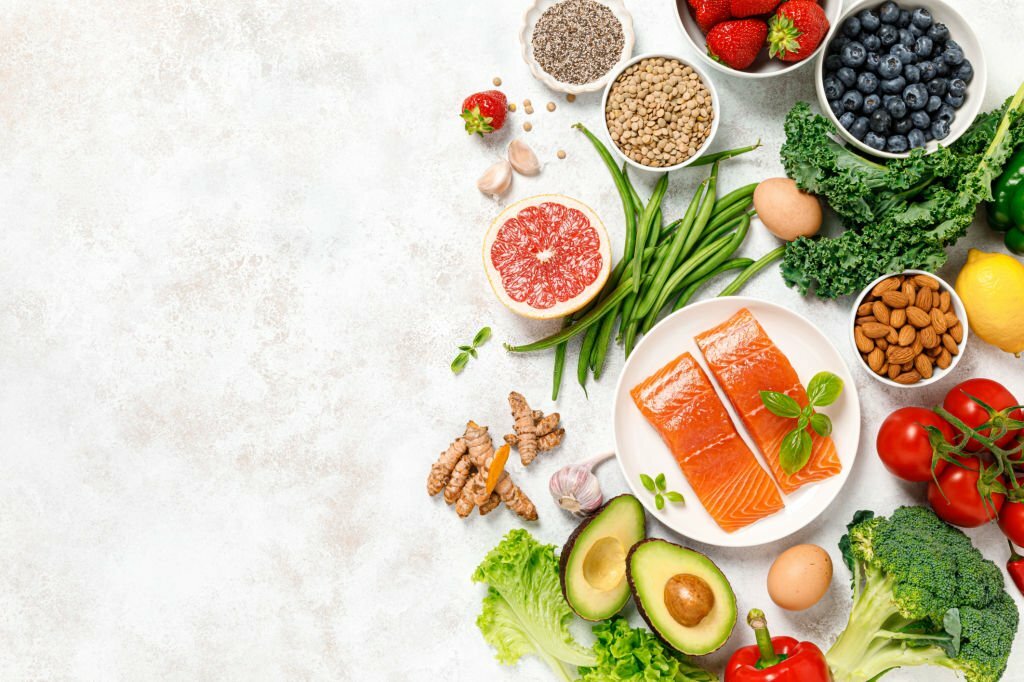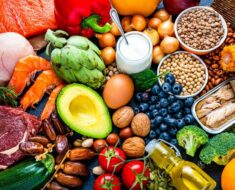
In the vast landscape of nutrition advice, it’s easy to get lost in a sea of myths and misconceptions. With so much information available, it’s crucial to separate fact from fiction to make informed and healthy choices. In this blog post, we’ll debunk some common nutrition myths, empowering you to navigate your dietary choices with clarity and confidence, and ultimately, promoting a healthier you.
Myth 1: Carbs Are the Enemy – The Low-Carb Craze:
Carbohydrates are often vilified, leading many to believe that they should be completely avoided. The truth is, not all carbs are created equal. Complex carbohydrates found in whole grains, fruits, and vegetables provide essential energy and nutrients. Instead of cutting carbs entirely, focus on choosing whole, unprocessed sources for sustained energy and improved digestion.
Myth 2: Fat-Free Means Healthy:
The fat-free craze of the past led to an abundance of processed, fat-free products laden with sugar and artificial additives. Healthy fats, such as those found in avocados, nuts, and olive oil, are essential for brain health and overall well-being. Moderation and choosing the right kinds of fats are key. Incorporate sources of unsaturated fats into your diet for a balanced and nutritious approach.
Myth 3: Skipping Meals Helps with Weight Loss:
Skipping meals might seem like a shortcut to weight loss, but it can actually do more harm than good. Skipping meals often leads to overeating later in the day, disrupting your metabolism and energy levels. Instead of skipping meals, focus on portion control, balanced meals, and incorporating a variety of nutrient-dense foods. Regular, balanced meals help maintain stable blood sugar levels and provide sustained energy throughout the day.
Myth 4: All Proteins Are Equal:
Protein is essential for building and repairing tissues, but not all protein sources are equal in nutritional value. While red and processed meats should be consumed in moderation due to their potential health risks, plant-based proteins like legumes, tofu, and quinoa are excellent alternatives. Diversify your protein sources to ensure you’re getting a wide range of nutrients.
Myth 5: Detox Diets Cleanse Your Body:
The idea of detox diets promising to cleanse your body of toxins is pervasive, but the human body has its own efficient detoxification system—the liver and kidneys. Extreme detox diets often lack essential nutrients and can lead to nutritional deficiencies. Instead of detox diets, focus on a balanced, whole-foods-based diet, stay hydrated, and support your body’s natural detoxification processes through a healthy lifestyle.
Conclusion:
Navigating the maze of nutrition myths can be overwhelming, but armed with accurate information, you can make healthier choices for yourself and your family. By embracing whole, unprocessed foods, incorporating a variety of nutrients, and understanding the importance of balance, you can fuel your body effectively and maintain optimal health.
Remember, it’s not about following the latest fads; it’s about adopting a sustainable, balanced approach to nutrition. Stay informed, be mindful of your choices, and consult a registered dietitian or healthcare professional if you have specific dietary concerns. With knowledge as your ally, you can debunk the myths, embrace a healthier lifestyle, and nourish your body the way it deserves. Here’s to a well-informed and healthier you!




